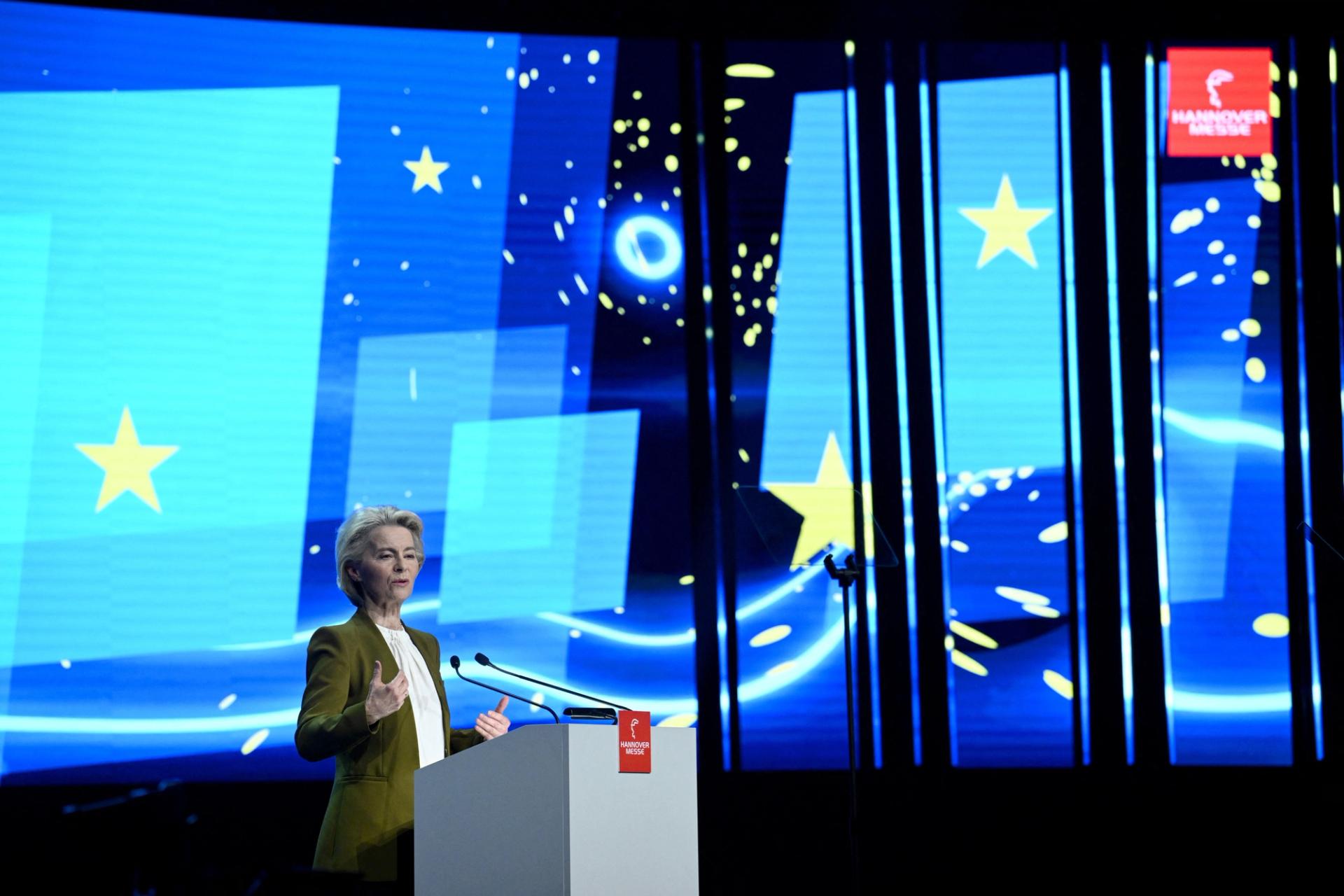The News
Tensions between the European Union and China grew as the bloc hinted at new tariffs on imported Chinese-made cars and opened an investigation into how Beijing grants public contracts for medical-device manufacturers.
Speaking at a campaign event in Germany on Wednesday, ahead of European Parliament elections in June, European Commission President Ursula von der Leyen said: “We like fair competition. What we don’t like is when China floods the market with massively subsidized e-cars.”
SIGNALS
Tariff suggestion increases EU-China tensions
The EU has taken a harder stance against Chinese companies in recent months, and is exploring investigations into industries that increasingly rely on China-based firms. This week, competition regulators raided the offices of surveillance company Nuctech, part of a crackdown on companies that are subsidized by Beijing. In a separate move, Brussels has announced an investigation into China’s public procurement of medical devices. The investigation is largely political, since no trade organization has raised a complaint about competing in Chinese markets, Politico noted. That could mean future tit-for-tat measures from Beijing: “A softer option would be to penalize Chinese companies that compete in European tenders to compensate for the lack of reciprocal market access,” the outlet added.
Europe unprepared for Beijing’s espionage capabilities
Four German nationals have been arrested this week on allegations of spying for the Chinese secret service, a claim Beijing has denied. Though Europe is looking to crack down on possible espionage, analysts believe the continent might not be prepared to deal with the issue, The Japan Times reported. China’s espionage apparatus is massive, dwarfing the spycraft capabilities of European nations. “Awareness [about spying] was late in coming, partly due to naivety and excessive confidence in a somewhat utopian form of globalization,” intelligence expert Alexandre Papaemmanuel told the newspaper. That means Europe is slightly behind other regions, like the US, that preempt such behaviors.
Specter of EU-China trade war has been looming
China’s dominance in electric vehicle sales around the world was expected to kick off trade tensions with Western nations and specifically in Europe, the Economist Intelligence Unit noted last year. At that time, analysts viewed “tariffs as inevitable, given the extent of China’s subsidy support to its EV industry,” but noted that measures against Chinese manufacturers were unlikely to be implemented quickly. Competition with subsidized Chinese companies is strained, one expert told the Financial Times, because local laws can make foreign participation difficult: “You can’t compete against an economy which in essence is always only opening up when actually the train’s already left the station,” Jörg Wuttke, the former president of the European Union Chamber of Commerce in China, told the paper.

